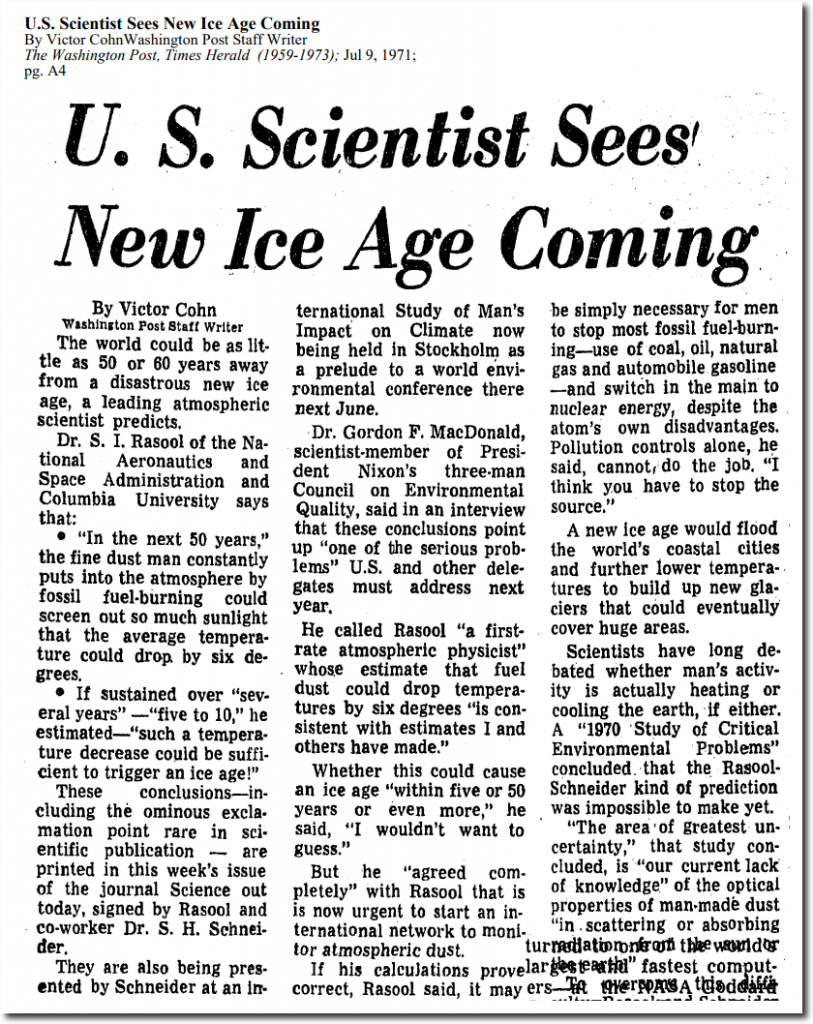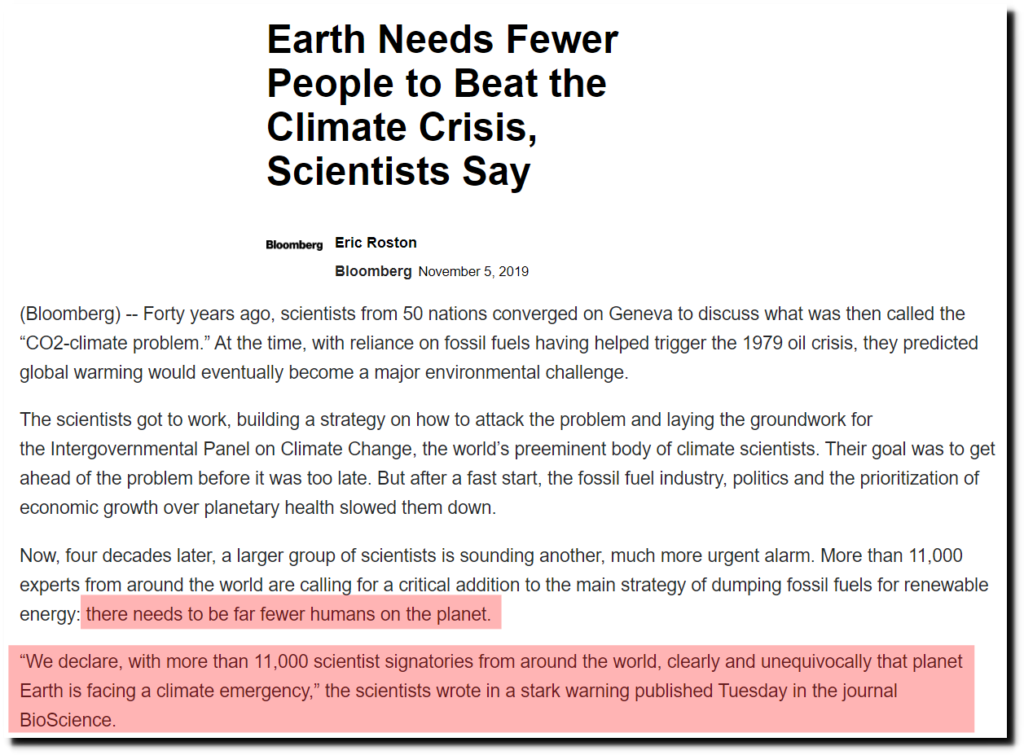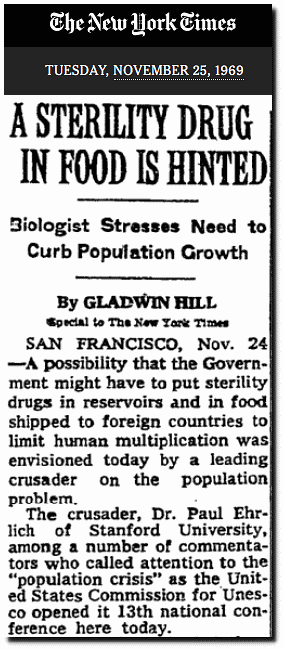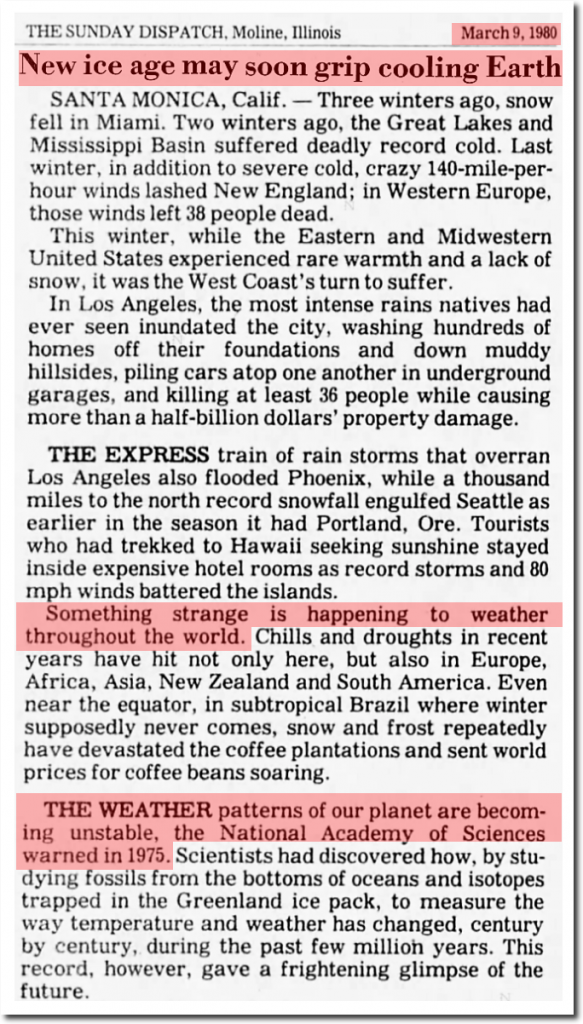Surface Detail
DP Veteran
- Joined
- Sep 20, 2016
- Messages
- 3,244
- Reaction score
- 1,232
- Location
- English Midlands
- Gender
- Undisclosed
- Political Leaning
- Centrist
IMOHO, The cooling seen from the 1940's to the 1970's could have been from aerosol pollution.
The founding of the EPA, and global efforts to curb aerosol pollution, resulted several decades of warming from the skies clearing.
Yes, this is the generally accepted explanation. For a while, the effects of aerosols in the atmosphere were able to counteract the effects of increasing greenhouse gases. Note, though, that while Western skies are now much clearer, the same is not true for skies over the newly industrialised East.





